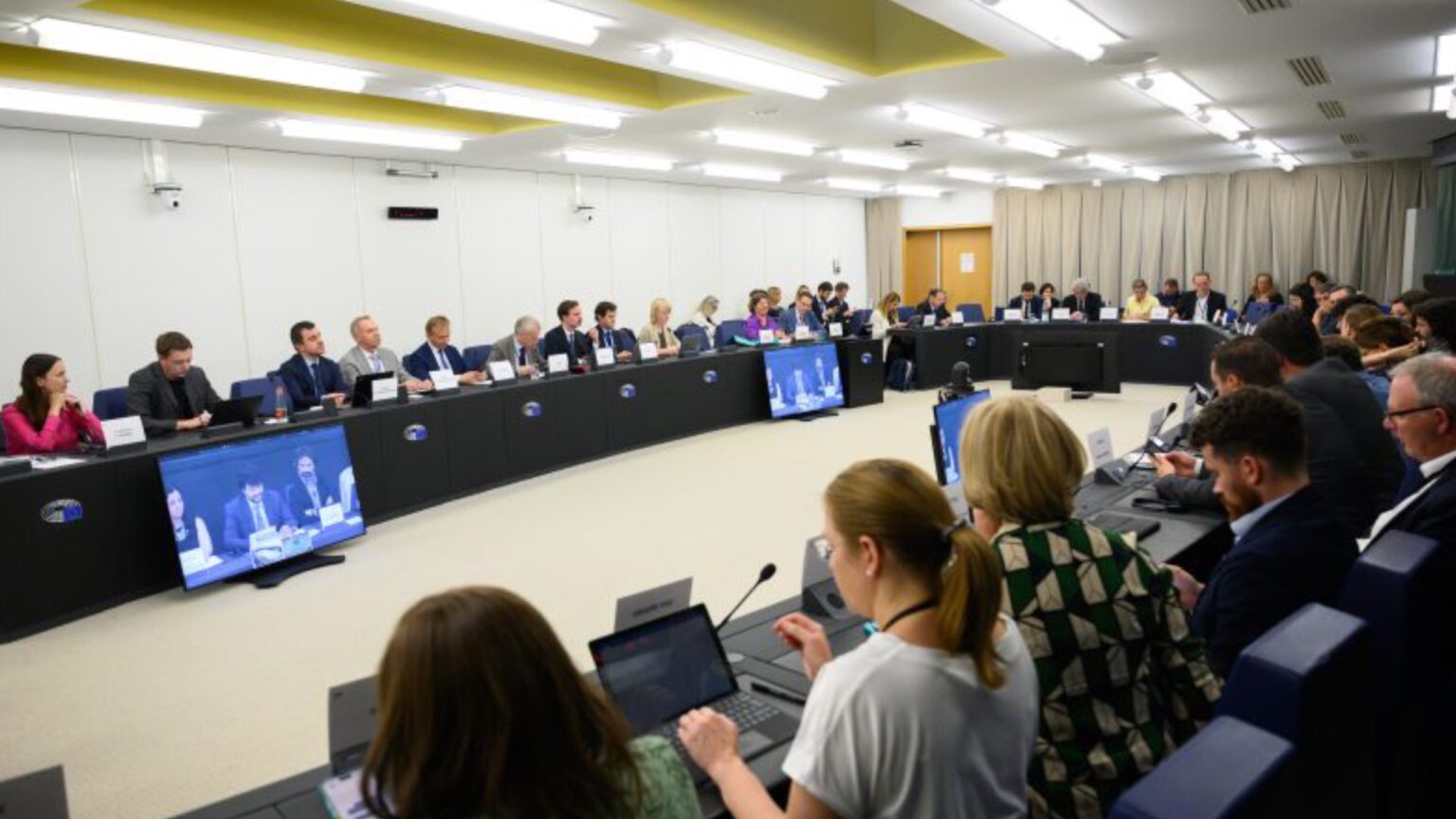The EU’s AI Act faces a deadlock over foundation model regulations, risking its legislative progress and international influence in AI policy.
The EU’s AI Act, aimed at regulating artificial intelligence, is currently at a standstill due to disagreements over managing foundation models.
EU’s AI Act negotiations hit the brakes over foundation models – @EURACTIV https://t.co/JXyD0jruk3
— Toby Walsh (@TobyWalsh) November 12, 2023
Stalemate in Negotiations
During recent technical meetings, the AI Act, a crucial bill intended to regulate artificial intelligence, hit a roadblock. This impasse emerged when key EU countries opposed the proposed approach to regulating foundation models. This deadlock threatens to derail the entire legislation unless a solution occurs quickly.
The concept of foundation models has become a pivotal issue in legislation, mainly due to technologies like ChatGPT. An initial consensus favored a tiered regulatory approach that sought to apply more stringent rules to the most influential AI models. This approach, reflecting strategies used in the Digital Markets Act and Digital Services Act, was a middle ground compared to the European Parliament’s preference for uniform regulations across all foundation models.
However, the tiered strategy has faced opposition from major European nations. France, Germany, and Italy are reluctant to regulate foundation models. This opposition is partly fueled by leading national AI firms like Mistral in France and Aleph Alpha in Germany, concerned about losing a competitive edge against their counterparts in the US and China.
Diverse Perspectives and Challenges
In its attempt to broker a consensus, the Spanish presidency faced strong positions from political giants, leading to a call for a comprehensive review of the rules concerning foundation models. Detractors of the tiered model argue that it could hinder innovation and contradict the risk-based approach the AI Act is designed to promote.
The European Commission’s initial proposal advocating a tiered approach did not receive support during the recent technical meeting, adding complexity to the situation. The European Parliament, viewing the regulation of foundation models as a critical aspect, ended the meeting prematurely, citing a need for more progress in discussions.
Behind the scenes, EU officials have hinted that the presidency is trying to sway member states against regulating systemic actors at the model level. Meanwhile, within these member states, there is a growing opposition to the AI Act itself, considering it to be an overreach.
Urgency and international implications
EU policymakers are under pressure to find common ground. A significant deadline looms with the trilogue session on Dec. 6, which is expected to resolve these pressing issues. If an agreement is reached, the ongoing Spanish presidency may continue its work on the Act, leaving a complex task for the upcoming Belgian presidency with limited time to act.
This delay risks losing the EU’s momentum in establishing global AI standards. It also places the EU at a strategic disadvantage compared to other key players like the US, UK, and China, which are actively shaping their AI regulations.
With the next meetings of the Telecom Working Party and EU co-legislators on the horizon, the negotiations have been escalated to the highest political levels to break the impasse. As the AI Act’s future hangs in the balance, the EU is critical in determining its stance and influence in the global AI regulatory landscape.
The AI Act, proposed in April 2021, was seen as a pioneering step by the EU to set international standards for AI regulation. As global interest in AI has surged, policymakers in other significant regions have increased their involvement in shaping AI policies. Failing to finalize the EU’s AI rulebook could lead to a loss of momentum and a diminished role for Brussels compared to other jurisdictions.
With the Telecom Working Party scheduled to reconvene shortly and another technical meeting among EU co-legislators on the agenda, the urgency to find a resolution is palpable. The AI Act, which once positioned the EU as a frontrunner in AI regulation, now faces a crucial test of its resilience and adaptability in the face of diverse and competing interests.









 and then
and then